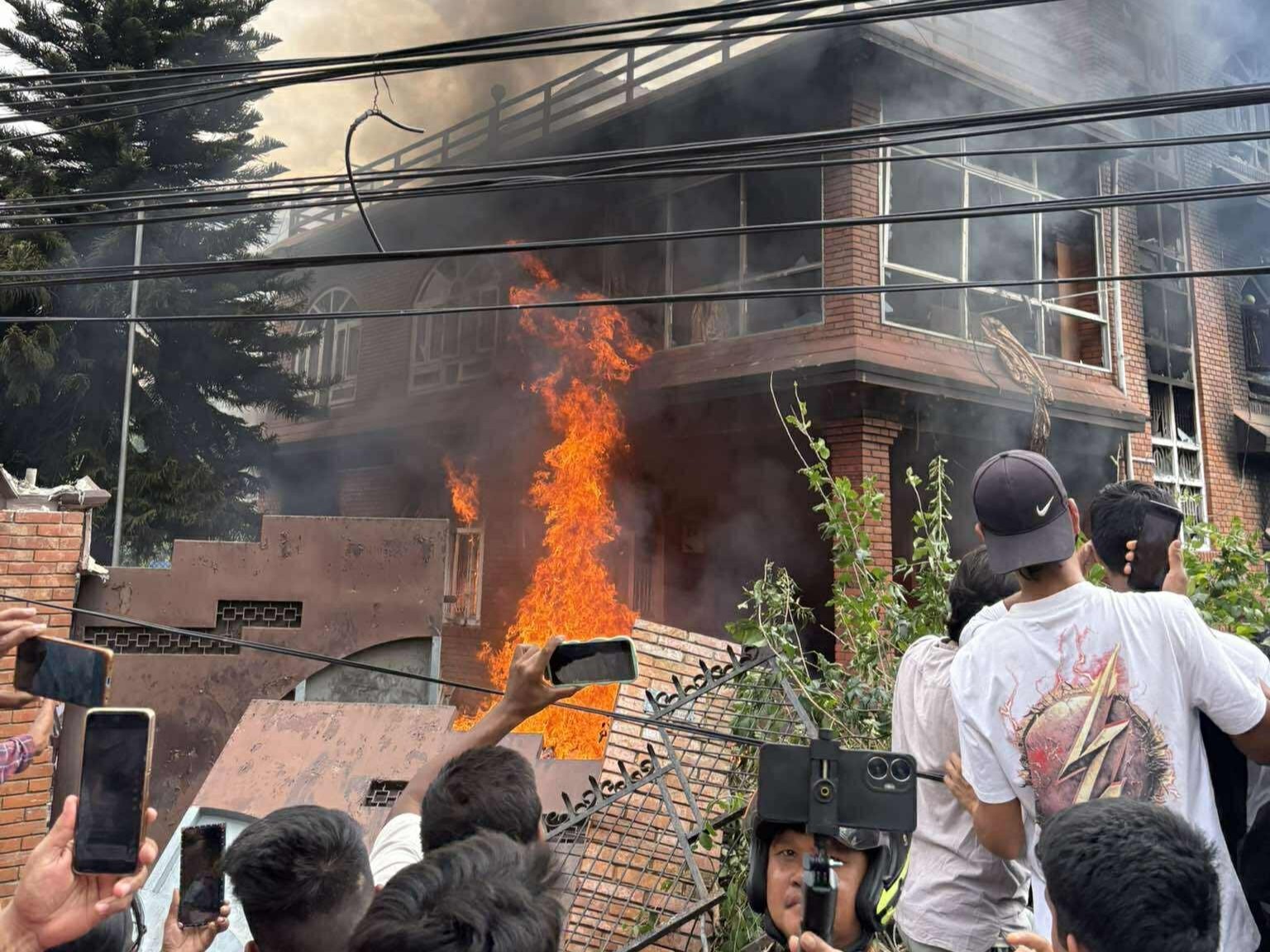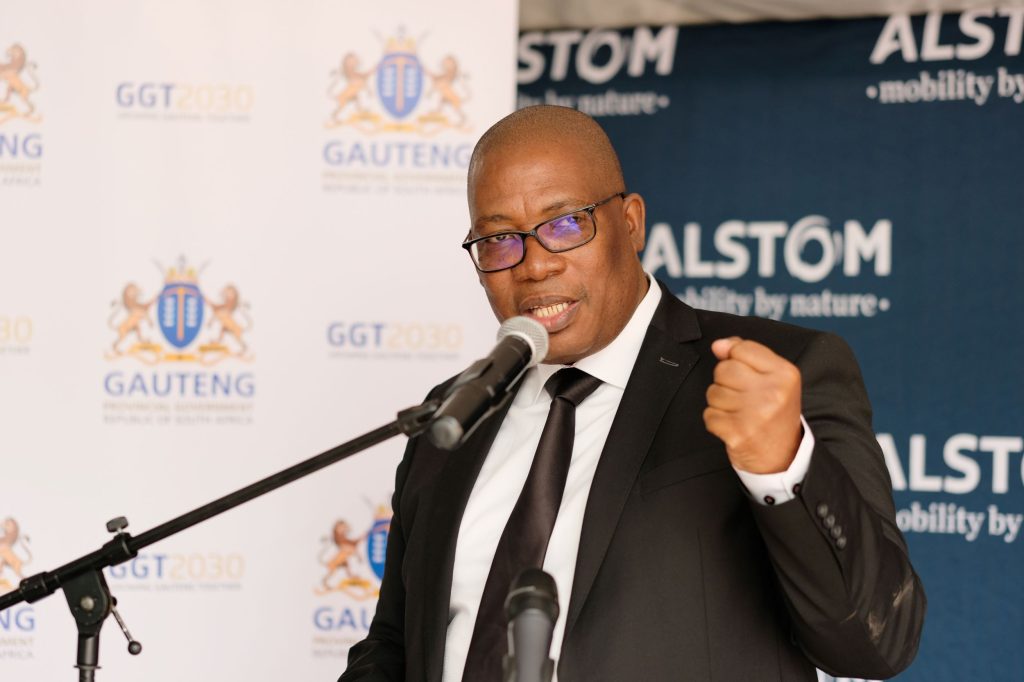
Kathmandu – On Wednesday, armed forces were observed patrolling the streets of Kathmandu, Nepal, amidst a level of political turmoil not seen in decades.
This move comes after the government’s sudden decision to ban 26 social media platforms as part of a strategy to restrict online freedoms.
Youth activists have denounced the ban, describing it as a violation of free speech in the country.
The anti-corruption protests resulted in a tragic toll, with at least 19 confirmed fatalities on Monday, September 8, 2025; the ban has since been lifted.
Most of the casualties occurred near parliamentary and government buildings during these protests.
Nepal’s Prime Minister, KP Sharma Oli, faced with escalating pressure, resigned on Tuesday, September 9, 2025.
“In light of the troubling conditions in the country, I have decided to resign effective today to assist in finding a political resolution in accordance with the constitution,” the Prime Minister stated.
The internet ban intensified the discontent among the youth, who were already struggling with rampant corruption, high unemployment, and dissatisfaction with the political elite.
However, by Tuesday, tensions rose as protesters filled the streets, targeting the parliament and other key sites within the capital.
The Bulrushes spoke with Jasper Neupane, who shared, “We lost two brothers from our area; one had just graduated, and the other had recently gotten married. They attended a peaceful protest but never made it back home.”
“We look to the military for support and hope for a youthful leader to help establish a new government.”
Debris from burned buildings and vehicles filled the city streets, with residences of politicians also being set ablaze.
This included properties associated with local leaders Poudel and Sher Bahadur Deuba, head of the largest party, Nepali Congress.
Despite the turmoil, the youth maintain an optimistic outlook following several days of significant civil unrest.
Citizens have clearly articulated their stance: they will not tolerate oppression or the infringement of their rights.
This issue transcends national boundaries; Freedom House has reported a global decline in internet freedom for the 14th consecutive year.
The situation remains volatile.









